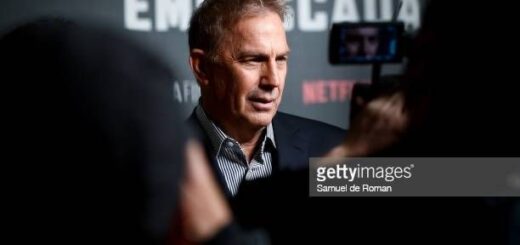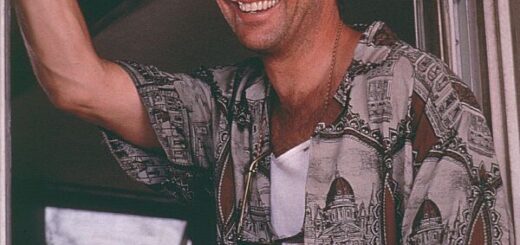Review: ‘Horizon: An American Saga — Chapter 1’ — Kevin Costner’s Ambitious but Stilted Epic
It’s a tall order for Horizon: An American Saga — Chapter 1, the first installment in a planned four-film series about the expansion of the American West, to seamlessly connect all its narrative threads. However, Kevin Costner’s ambitious project stumbles out of the gate, with a convoluted plot and inconsistent editing that often obscures character relationships and motivations.
While the film hints at a larger narrative scope, it primarily serves as an introductory chapter, lacking both polish and dramatic drive. The characters remain largely archetypal, with little depth or development to engage the audience. Furthermore, the film struggles to establish a clear sense of time and place within the expansive story of westward expansion.
The 181-minute runtime features three main storylines. The first centers on Marigold (Abbey Lee), a former sex worker who seeks safety from her troubled landlord Lucy (Jena Malone), aided by the enigmatic Hayes Ellison (Costner). The second follows Frances (Sienna Miller) and her daughter Lizzie (Georgia MacPhail), who escape with the Union Army after their family is slaughtered by Apaches, under the watch of Lt. Trent Gephardt (Sam Worthington). The third thread, which doesn’t gain momentum until nearly two hours in, tracks a wagon train led by the gruff Matthew (Luke Wilson).
Numerous subplots are left hanging, including one involving internal conflicts within the Native American tribe responsible for the attack on Frances’s town. This narrative seems to fade away after its initial introduction, raising questions about whether it will be addressed in future installments or simply forgotten.
“Drifting” aptly describes the film’s narrative progression, which feels disjointed and fragmented. The editing choices create a sense of confusion, often skipping over crucial developments. For instance, the dynamics of Marigold’s relationships are left unclear, and the budding romance between Frances and Gephardt lacks the buildup that could have made it impactful.
Despite its lengthy runtime, the film feels less like a complete story and more like a disassembled season of a television series, crammed into a three-hour prologue. Costner has previously shown a preference for more intimate character-driven dramas, and Horizon Chapter 1serves as a reminder of his strengths in that area.
The film’s conclusion features an unwieldy montage of scenes hinting at what’s to come in Horizon Chapter 2, ending with a close-up of Giovanni Ribisi, who is absent from the entire film. This moment feels oddly fitting, suggesting that both the filmmakers and the audience are eager to move forward. If only that sense of urgency had been present throughout the preceding 178 minutes.

